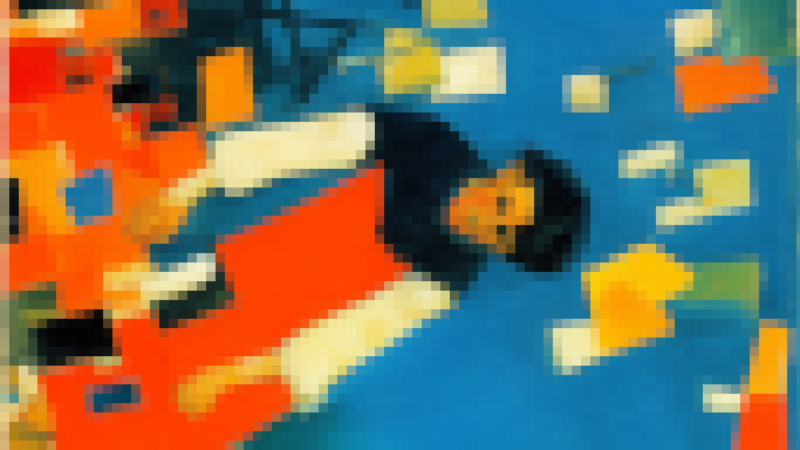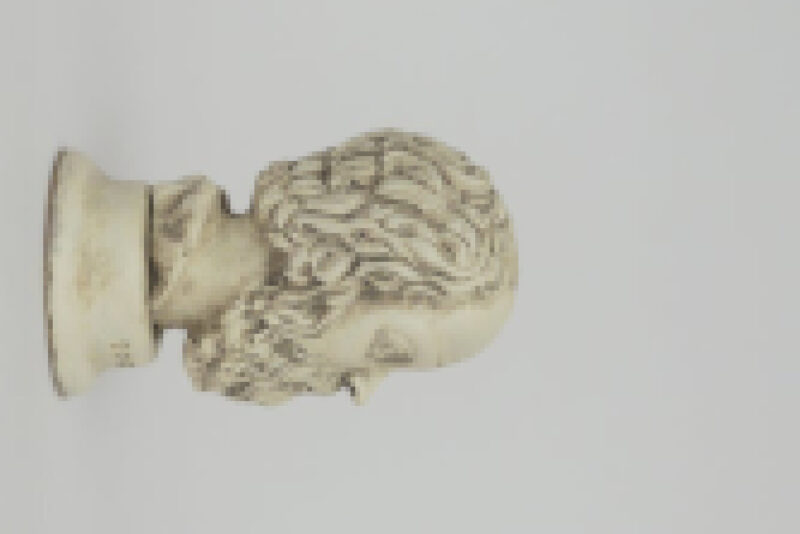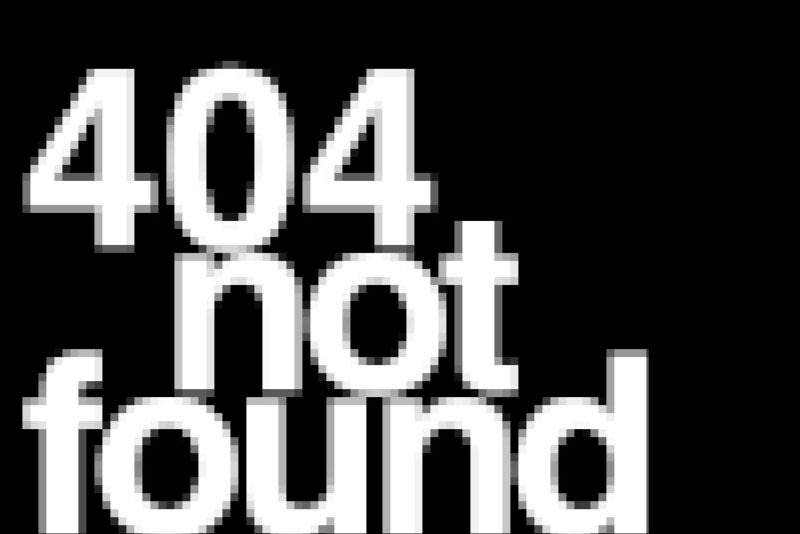July 15, 2021
Carrying the torch of Sartre’s le regard, Michel Foucault draws out the gaze as not only a matter of existential concern to the individual, but as a concern to society. Despite giving lip service to values like “freedom,” modern western “democratic” societies still exert forms of control over constituents. For Foucault, this control functions similar to Jeremy Bentham’s panopticon. In Bentham’s ideal prison, cells are arranged such that prisoners can see both a guard tower (but not the watchmen in it) and—importantly—themselves in a mirror. For the prisoners, the source of power is visible but unverifiable. The mixture of obligatory self-awareness and the ever present but unverifiable gaze of the watchmen results in the simplest form of control—self-policing.
Ever slowed down after passing a trooper with blacked out glass on the highway—even if it’s more likely he’s untangling bureaucratic superfluities on his console or wishing his daughter a happy birthday? If you understand how the cop in this instance doesn’t have to be paying attention to create precisely the same, exact effect as if he was, then you understand Foucault’s modern panopticon.
In Foucault’s modern society, the gaze subjugates the individual to values disseminated by the extant power structure. Value in the form of ethics, morality (social value, community value) is effectively self-enforced by the spectral weight resting on the individual. The gaze haunts you into submission whether it can lay a solid hand on you or not. But this essay is about the blank stare of values, not the way by which they may or may not be foisted upon us unwillingly. It casts on us an empty gaze like the walking dead, eerily hollow, threatening life not by extermination but by an infinite dispersal, a cataclysmic redundancy.
My friend dog-sits on occasion with our latest new flashy, no friction, self-indulgent bourgeois “autotechneuroses.” Engagements between individuals connected on this platform are consensual wholly on the basis of technologically administered modes of transaction: avatars of the individual are connected and curated based on review left by other alienated disembodied names next to pictures and the exchange of money is handled entirely virtually.
Some people have the courtesy of informing her they have cameras. The rest let you figure it out for yourself. In fact, the HAL on the shelf with the green light on works best if it can be seen just as Bentham (and Foucault) indicate: it is visible but unverifiable. You do your absolute best because you know they might be watching.
But again, this is an essay about the hollowness of our values. From the standpoint of self-preserving institutional systems of control, Foucault’s modern panopticon accomplishes certain interpretative ends. But played on repeat, we take notice of the openings. For instance, what happens when it’s no longer the gaze of the authority which controls us, but the gaze of our peers? Our projection of a big-state-other can be assembled with ideologies, propagandas, and disciplinarian instruction. But how do we interpret the visage of the big other watching when our peers are substituted for our institutions? How do we police ourselves, once the prisoners are sent to the guard tower?
Excuse the run-on rhetoricals for just one more: what happens when the means of ethical value production are seized by the reprobate proles themselves?
Consider what happens when my friend becomes aware her patrons may watch how she interacts with their dogs. Her conscious satisfaction of care-taking obligations, what is best for the dogs, what respects the owner-pet-caretaker relationship—all this traditional value (or, all these traditional values) are subordinated to a more primary concern: the appearance of value. So with Baudrillard we say, “forget Foucault.”
Take, for instance, the basic value “what is best for the dog.” This very quickly becomes replaced, through mutual consent, by “what appears best for the dog.” In this way, the hierarchy of effects is inverted and the value is hollowed. We believe that we expect to perform a value and for that value to make itself apparent through its appearances. However, in point of fact, we have inverted the traditional order of ethical operation: we perform the appearance of value. No real value is created except as an incidental result of performing actions which appear to have value. Now “what is best for the dog” is subordinated to “what appears best for the dog.” If “what is best for the dog” actually occurs (or anything like it), it occurs as an unintended consequence and secondary effect.
Value is now created as a byproduct of the performance of appearances.
This has political consequences. Let me play some variations on a question I’m asked often: “do Republicans really think ‘blocking black people from voting is a way to win elections?’” Or from the other side, “do Democrats really believe that ‘outlawing automatic weapons will end gun violence?’”
In the case of the political sphere this inversion of effects functions in precisely the same way. The concern of the political actor or party politician is not in the inherent value of the legislative position, nor in the real value of effects created by the legislation. Value for the modern political being (by which I mean most if not all social, institutional, and private actors) is located precisely in the appearance of the value, in other-words, what is effected by the legislative position in-itself as a performance of value. Legislation’s value has now sublimated completely into the value of the legislation’s press report. As Mark Fisher put it, “all that is real melts into public relations.”
In this way, both the politician and the internet activist are swallowed in the same vacuum of hollow value suffused through modern media. Politicians are driven by the self-interest of all other careerists. The same is true of internet activists, though the return on investment is more amorphous, but waiting to be capitalized on just the same.
Once upon a time, the effects of governance carried more weight for the engaged individual than the press release. The “real value” (perhaps “natural value”) of legislation and governance was a more prominent factor in the decision of the constituency concerning leadership and representation. Now, the gravity and weight of the political is totalized by its representation in the media sphere. As a result, all the weight of actions and effects falls purely within the realm of representation and the appearance of value.
Next time you’re picking a politician based on whether they have your best interest in mind or represent your “values,” remember, the equation is quite simple: it is in their best interest not to act in your best interest, but to appear to be acting in your best interest. These are two very distinct motivations. And in the same way, there is far more return for the politician who invests their time in performing the appearance of value, than the creation of value.
To recognize what creates real value would take work from all of us, and that’s more than most are willing to do.




